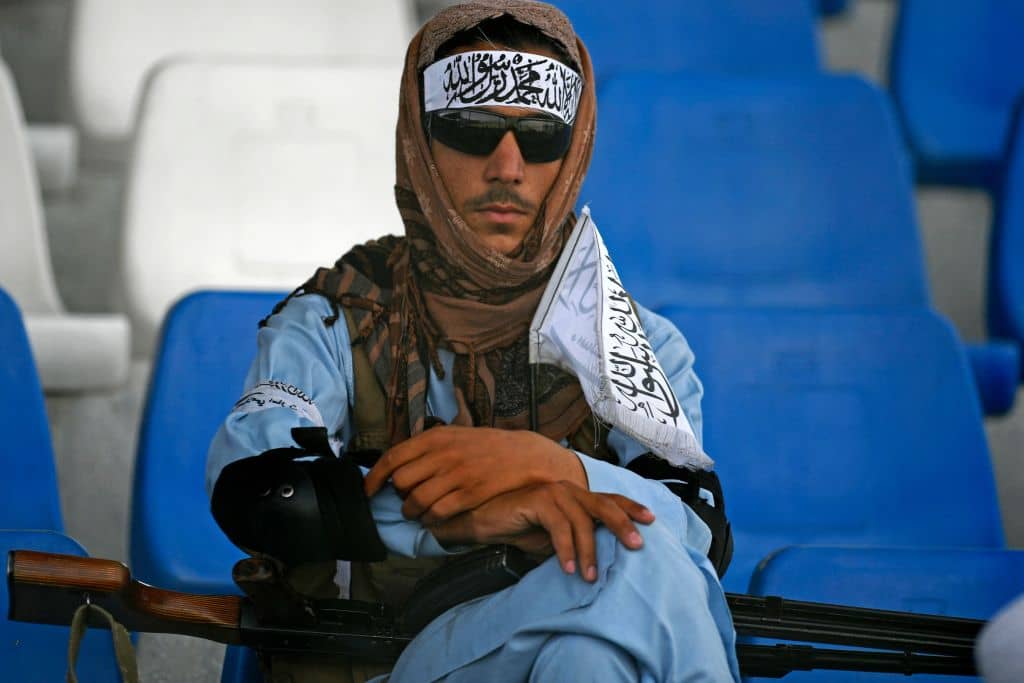The Taliban takeover in Kabul left the west flailing. But when it comes to cricket, the new ruling regime in Afghanistan is being shown little mercy.
Cricket Australia has announced
that it will almost certainly cancel the historic Test match with Afghanistan, which was scheduled to start in November. The reason? The Taliban’s mooted ban on women’s cricket. Australia’s Test captain Tim Paine said
it is ‘hard to see’ Afghanistan being a part of next month’s T20 World Cup, implying that the ICC should ban the country and that teams should pull out from facing them in the tournament. The response from Australia emerged after the Taliban cultural commission head Ahmadullah Wasiq said ‘Islam and the Islamic Emirate (of Afghanistan) do not allow women to play cricket or play the kind of sports where they get exposed’.
In light of this sporting hypocrisy, the noisy backlash against Afghan cricket is hard to take
Make no mistake: the Taliban’s gruesome assault on Afghanistan’s marginalised sections, especially women, demands a response. Yet virtue-signalling about cricket tournaments isn’t enough. Boycotting Afghan sport will do little to help those living under the new regime in Kabul. But in these virtue-signalling times, it does achieve something: it allows athletes and sporting bodies to feel good about themselves.
The looming ban on Afghan cricket does pose a wider problem for cricketing authorities though: is it time to boycott other countries based on their politics? In South Asia alone, regimes in Pakistan, India, and even Sri Lanka and Bangladesh have exhibited varying degrees of repression. Some of these policies must surely breach the ICC’s anti-discrimination policy, which is being cited as a reason to boycott Afghanistan.
Blasphemy is punishable by death in Pakistan, meaning that no openly atheist person can live in the country safely, let alone play for the national cricket teams. And would anyone dare question India’s anti-Muslim surge, especially in Kashmir, under the increasingly hardline Hindu nationalist BJP regime?
India has increasingly politicised the sport, letting domestic politics dictate whether or not it will play cricket with Pakistan, without the ICC ever having a meaningful say. Weeks after Indian jets attacked Pakistani territory in February 2019, the Indian cricket team wore army caps in an ODI match as tribute to the military. Earlier this year, India’s biggest stadium was even renamed as the Narendra Modi Stadium, as a tribute to the country’s leader.
Of course, these questions about politics and sport aren’t merely ones for cricket. The Olympics and Fifa football tournaments have involved Iranian participation for years, despite Iran until recently barring women from even entering the stadium. Successive football world cups being hosted by Russia and Qatar, and the Olympics in China, also unravel the global ‘stand’ on human rights.
In light of this sporting hypocrisy, the noisy backlash against Afghan cricket is hard to take. It’s time for athletes to cut short the hypocritical moral lectures on values.






Comments